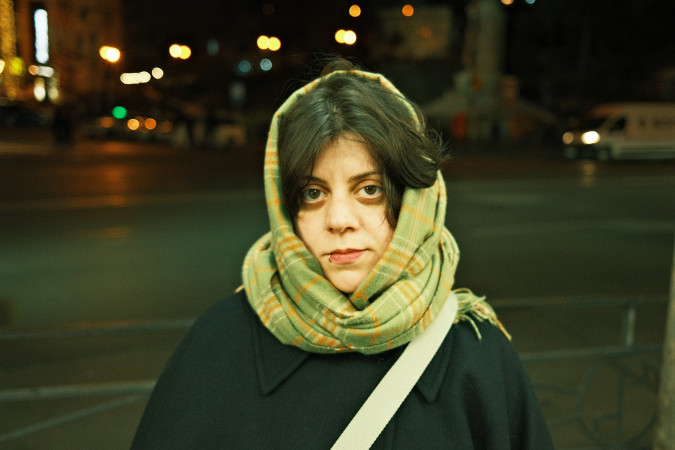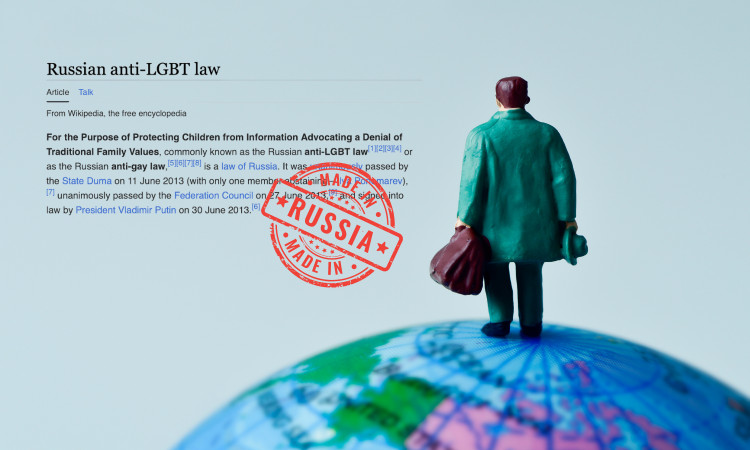Content with a Queer Focus in Sevil Fanzine
SEVIL International Women's Documentary Film Festival is an independent documentary film festival in Azerbaijan that focuses on gender issues
16/May/23
2869
Content with a Queer Focus in Sevil Fanzine
SEVIL International Women's Documentary Film Festival is an independent documentary film festival in Azerbaijan that focuses on gender issues and began its activities in 2020. In 2023, the festival presented the Sevil fanzine with great enthusiasm. As Minority Azerbaijan, we have reviewed the fanzine and prepared a summary of the texts that caught our attention.
The first article in the fanzine is about the film "Call Me Marianna," which centers around the identity construction of transgender woman Marianna. The author, Toğrul Abbasov, discusses the visual representation of queer figures in cinematography, the influence of the third wave of feminism, and the development of queer theory in the creation of the "new queer cinema." The article specifically analyzes the signifiers of a queer film found in "Call Me Marianna":
"Every time she calls her mother, her mother stubbornly addresses her by her birth name, urging her to 'return from this path.' Even when she is lying in a sickbed. But all she wants is to be called by her own name, Marianna. This is precisely what Marianna strives to achieve by increasing her medication dosage—to make her mother accept this truth as soon as possible and finally call her by her own name, saying 'Call her Marianna.' Isn't our name, the way it is pronounced by our mother, our first identity, our first place in this life, the foundation of our ontological existence?"
The fanzine also features an interview with queer director Vüsalə Hacıyeva, discussing her film "To Be a Rabbit." The film depicts Vüsalə's autobiographical story as a transgender woman. The main themes of the film revolve around her struggles with family and relatives, her long-term isolation, the attacks and discomfort she faced in Baku, and ultimately her decision to move to Tbilisi. Vüsalə emphasizes the need to openly discuss transgender experiences in countries like Azerbaijan:
"If we don't talk about it, no one else will, or they will only distort the narrative. Cinema allows us to reach a wider audience. I wanted to showcase the problems faced by the most marginalized individuals in Azerbaijan, redirect the focus towards us, and also try to convince other transgender individuals who watch the film that it is worth fighting back, even if everything seems bleak."
During the interview, Vüsalə also shares her experiences with other films she has worked on and the challenges she has encountered as a director.
To read the aforementioned articles in detail, explore other interesting writings in the fanzine, and submit your film to the 4th Sevil International Women's Documentary Film Festival, you can use this link.
Powered by Froala Editor



